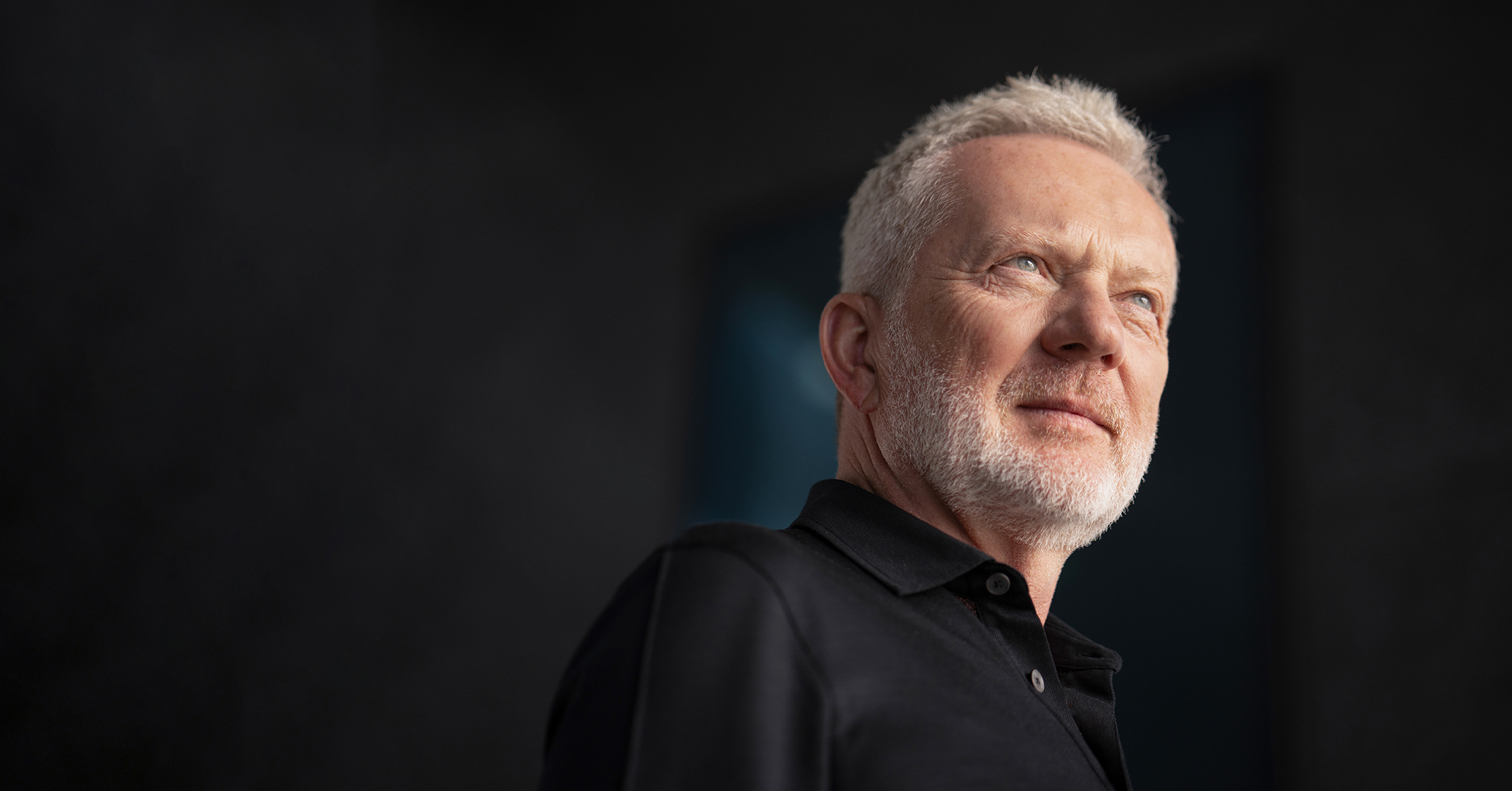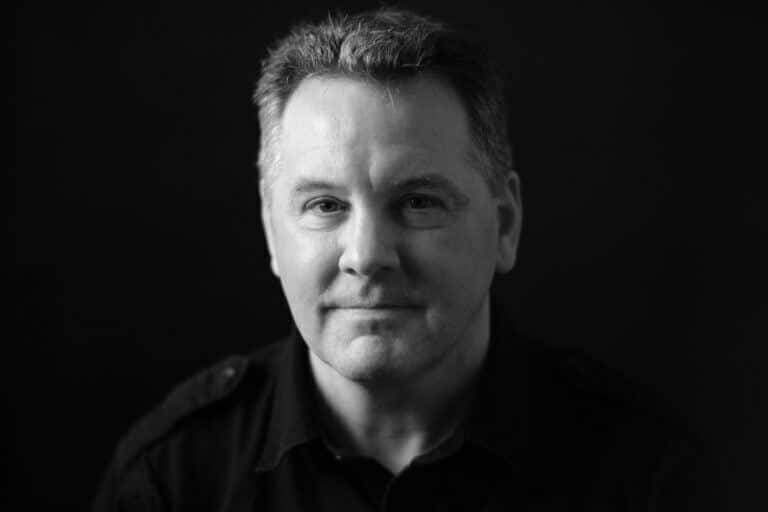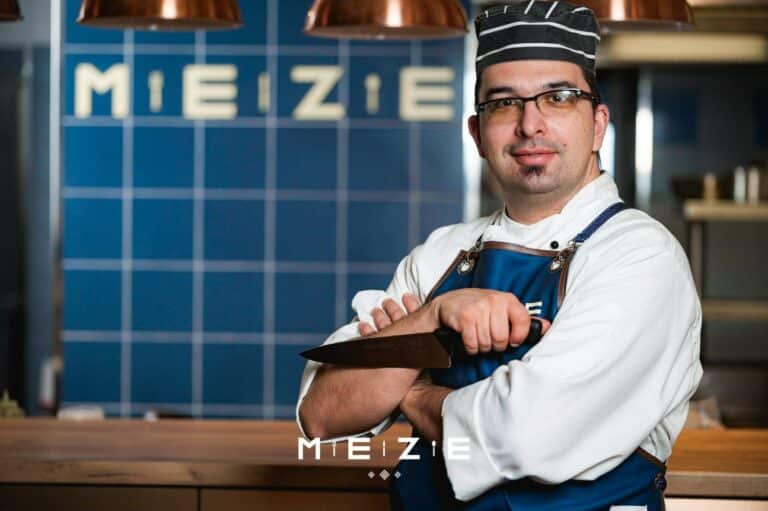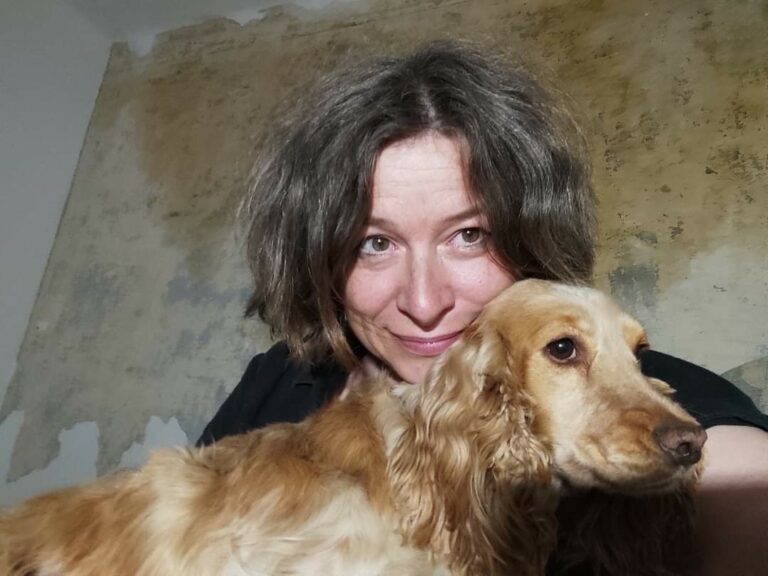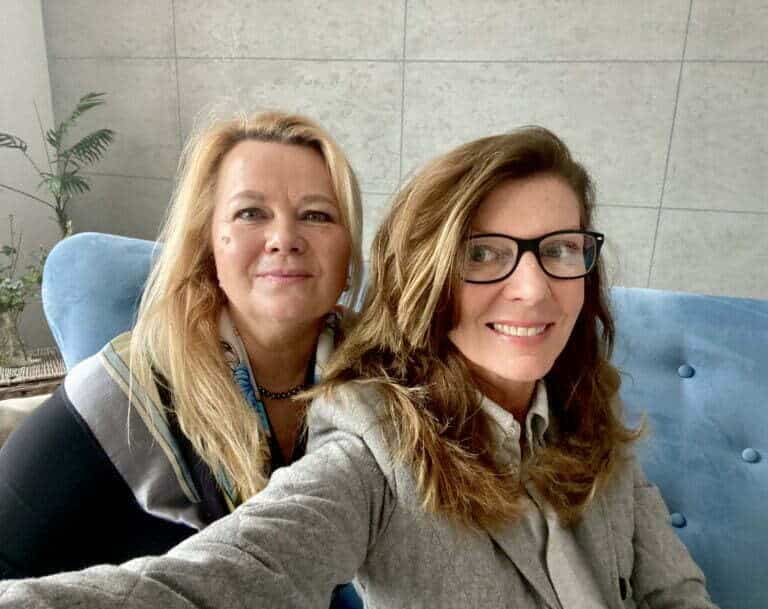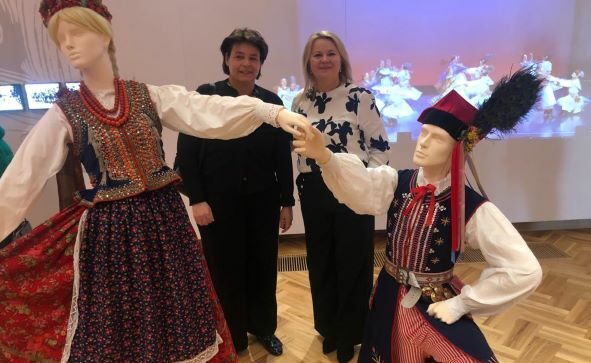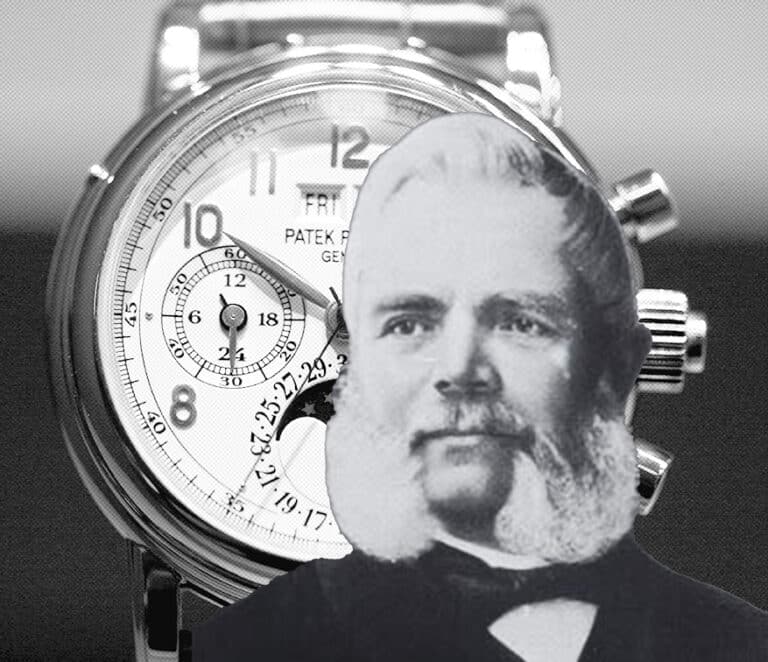Conversation with One of the Richest Poles. Freedom, Risk, and Ethics in Business
An interview with Arkadiusz Muś, founder and owner of PressGlass, one of the largest insulated glass producers, by Kazimierz Krupa.
To start our conversation, I’d like to recall a quote: “I’ve figured it out pretty well. I do what I want, I say what I want—what more do you need?” Who said that?
I did, in one of my interviews. Although today I think that’s not the happiest quote to reflect who I am. It sounds a bit arrogant.
It rather confirms a thesis I’ve heard a thousand times—that we only have as much independence as we have in our bank account. Freedom is, in a sense, conditional. Even Marx said, “Being determines consciousness.”
You have to be very careful with that bank account. Those billions in my account are largely virtual.
I assume they’re not lying around in your living room.
Exactly. That’s why I approach it with caution—both in my case and with regard to my colleagues on the rich list.
Let’s go back to the beginnings. You’re trained as a lawyer. When did the decision appear that you wanted to build your own company—in an industry that, at first glance, seemed like an unexpected choice?
My parents very much wanted me to study at a technical university, but I never felt that was right for me. Law was closer to my heart, although even during my studies I began to suspect I wouldn’t tie my future to that profession. At first, I dreamed of being a prosecutor—a big, influential one, somewhat under the influence of American films I watched at the time. But when I actually worked in the prosecutor’s office during my legal training, it quickly turned out that reality was far from my imagination. My first salary was the equivalent of $12 a month, not a day. Later I made $30–40 a month. That was the main push to look for another path.
What were the beginnings of your business? Which years are we talking about?
The 1990s. I took over the company in 1991—34 years ago. The barriers? Very prosaic. I didn’t have two thousand for customs duty when a shipment of glass arrived. I didn’t have money for salaries. There were no phones, no telexes, communication was difficult. There was no fuel. These were very makeshift problems, but at that time they were a real challenge.
Maybe you can tell us more about those first steps.
To take over the company, I borrowed money from everyone I knew, even from exchange offices, often at high interest. My innate sense of responsibility meant I couldn’t imagine not paying the money back. For the first ten years, I worked really hard—seven days a week, 10–12 hours a day, maybe one Sunday off a month. There was no heroism in that—it was simply necessary. Back then everyone worked that way: miners, other entrepreneurs… It was normal, not heroic. There weren’t many alternatives, so you just had to give maximum effort.
For the first ten years, we borrowed money almost like an oscillator—we borrowed here, paid back there—and that’s how the business grew. Banks weren’t willing to finance risky ventures then, so you had to learn everything yourself and creatively seek out sources of financing.
What was the turning point in your career?
The biggest turning point for me was Poland’s entry into the European Union. For me personally, the greatest value was that we could start meeting entrepreneurs from Scandinavia, Germany, Switzerland. I belonged to a fairly narrow group of entrepreneurs who tried to learn from them the ethics of doing business, ways of solving problems—not just seeing those markets as potential profit. Many companies think short-term—they exploit cheap labor to win a market, but that doesn’t bring lasting results.
For me, the most important thing was gaining knowledge—how to run a business ethically, what strategies and tactics to use. That was my greatest achievement. It was 10 years after founding PressGlass, and the company was still small. The rapid growth only came in the last 20 years. Thanks to that, we could behave like mature entrepreneurs, even though we came from a country that was poor and only recently communist.
Have you ever felt tempted to sell the company?
The temptation comes every ten years, but I’ve always resisted. My daughter, who is a helicopter pilot and highly trained tester in England, is not interested in running the company, though I don’t rule out a change of heart in the future. I’m over 60, so in the coming years I’ll have to make decisions about the future of the business.
Today, young people have the perspective of online businesses that quickly create millionaires or billionaires.
Yes, but someone still has to make cement, glass—the basics of the economy. Without that, you can’t function.
Speaking of plain language—you are known for criticizing bureaucracy. In your view, what harms Polish entrepreneurship the most?
That depends on the scale. For small entrepreneurs, it’s one thing—dealing with offices, social insurance, municipalities. For large entrepreneurs, it’s other issues. In my case, economic nationalism irritates me.
In the long run, an open economy brings more benefits than closing up. In the short term, you can manipulate tariffs, but in the long term, that ruins the economy. That is unacceptable.
Have you ever thought about direct involvement in politics?
No, never, and I won’t. When I spoke about consolidating liberals, I meant only cooperation in economic matters, not forming a party.
How do you assess the relationship between the state and business in Poland?
The state should keep as far away from business as possible. The less state in the economy, the better—classic liberalism.

